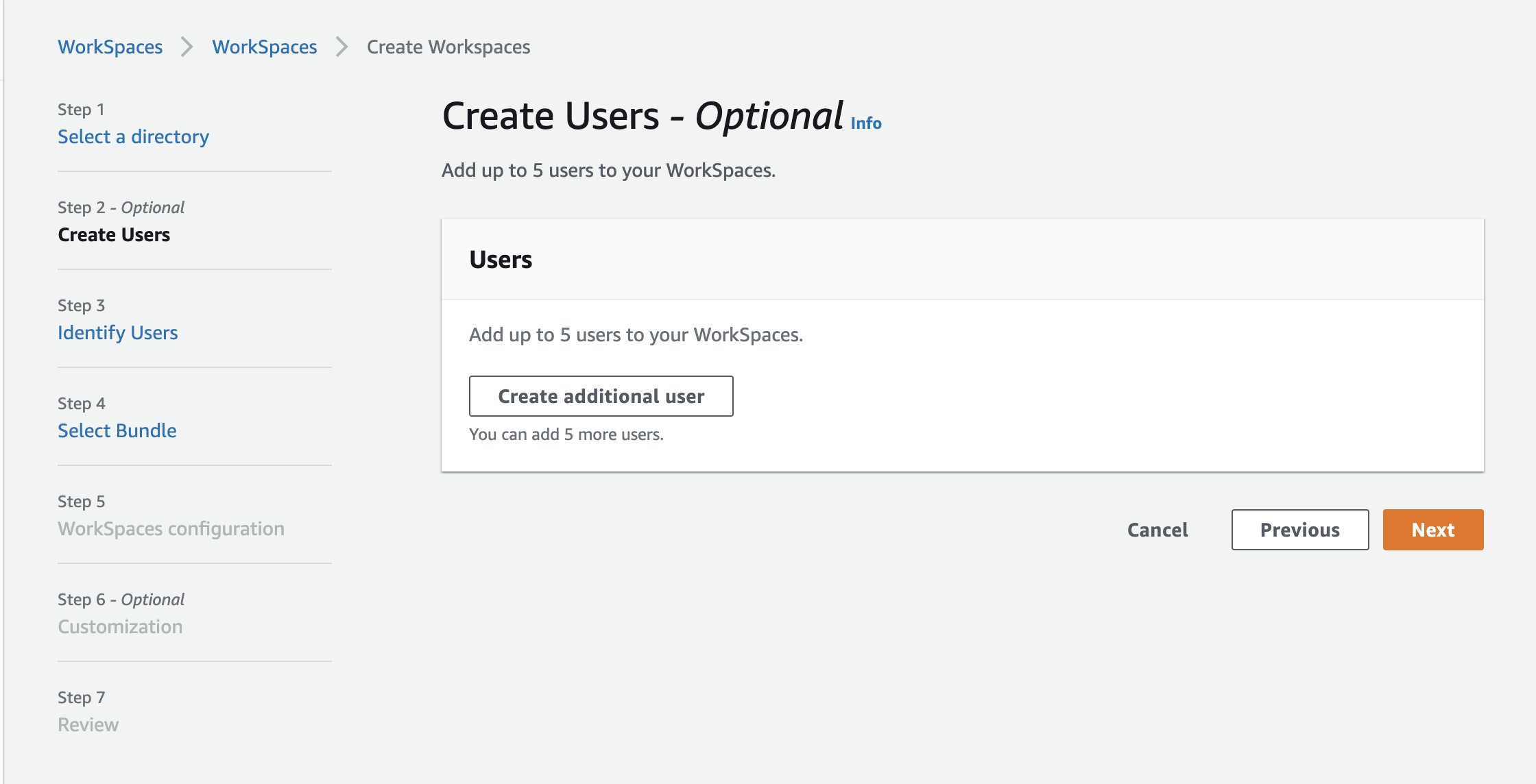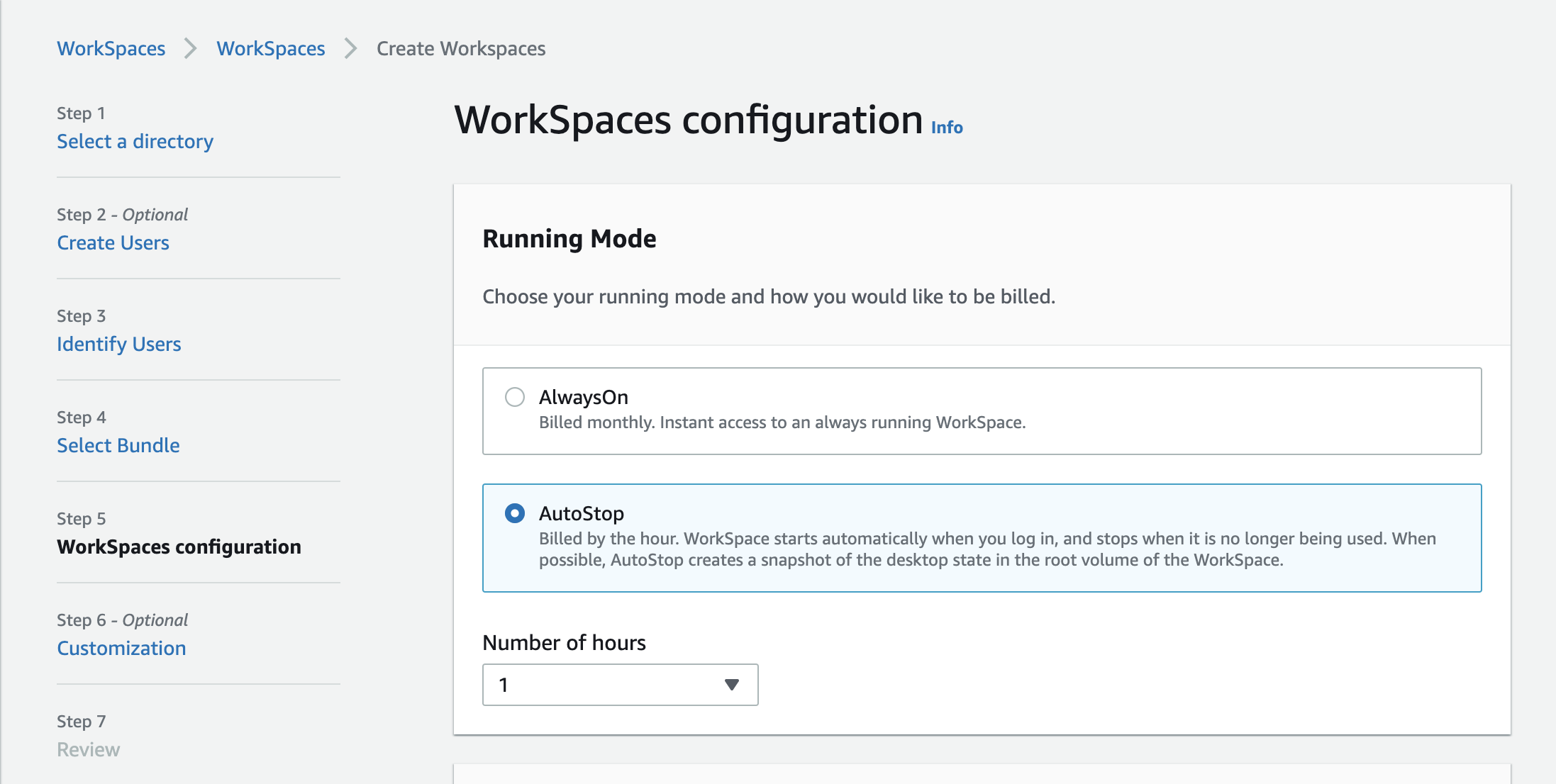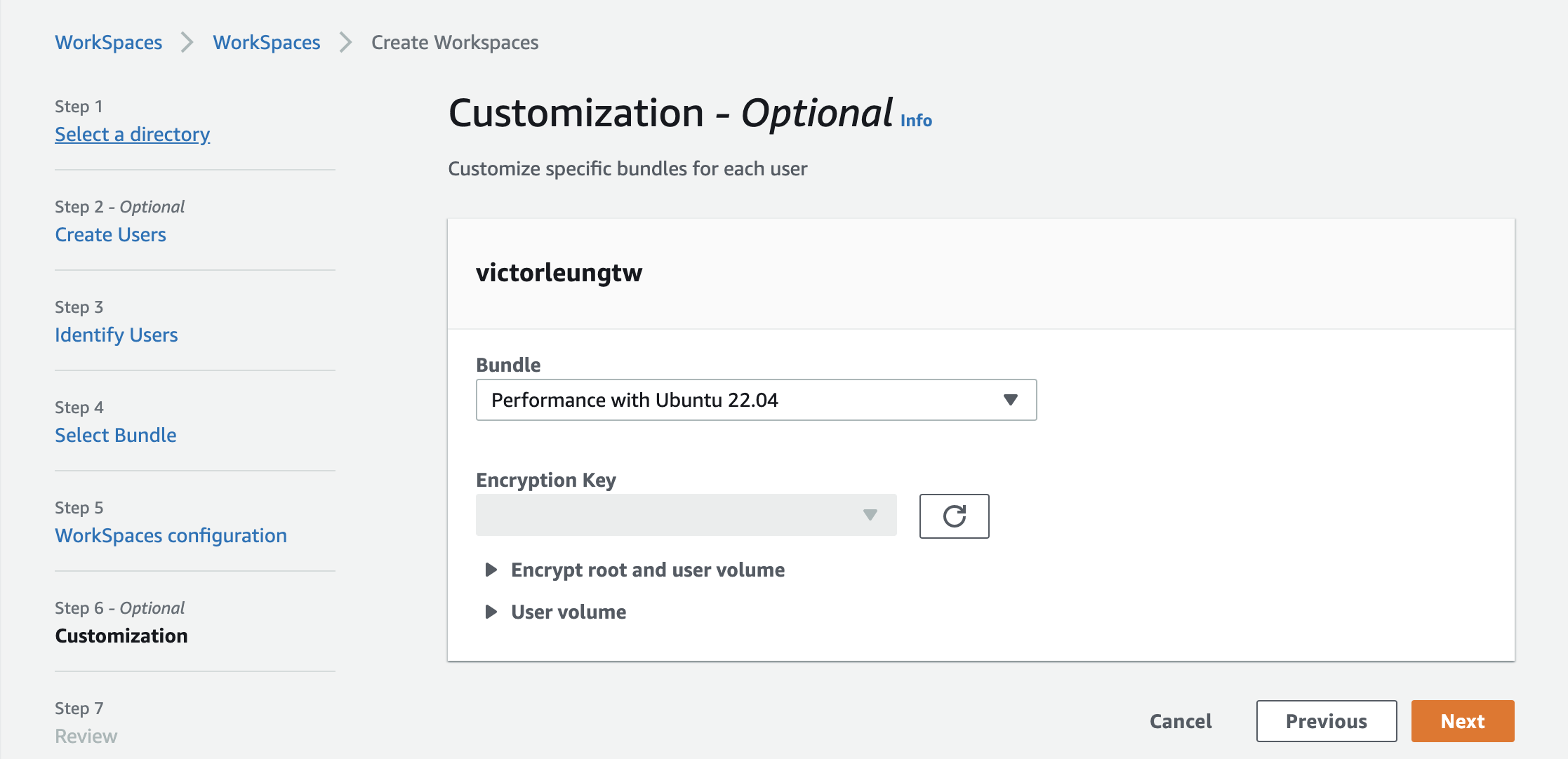My Productivity Plan

Over the past two weeks, I have been learning proven, science-backed tactics to boost my productivity and performance. My aim is to achieve my goals and lead the life I've always wanted. The first key to unlocking my productivity is to strategically manage my energy according to my body's natural rhythms. This allows me to operate at peak productivity each day.
I am not a machine; my body experiences natural peaks and valleys of energy throughout the day. I have a PM-shifted chronotype, a trait shared by approximately 20% of the global population. Those of us with PM-shifted rhythms prefer to stay up late and wake up late, feeling most energized later in the day.
Here is my strategic schedule, aligned with my body’s natural energy levels:
- 6 am: Sleep
- 7 am: Wake up and have breakfast
- 8 am: Commute to work while reading a book
- 9 am: Arrive at the office and start meetings
During my recovery phase, I focus on creative work and collaborative tasks, which benefit from reduced inhibition:
- 10 am: Programming
- 11 am: One-to-one meetings with team members
- 12 pm: Lunch
- 1 pm: Design technical architecture solutions
- 2 pm: Code review
- 3 pm: Client meetings
During my energy dip, I focus on administrative tasks and also take breaks, naps, or walks:
- 4 pm: Write documentation
- 5 pm: Management meetings
At my peak energy level, I tackle my most important analytical tasks:
- 6 pm: Commute home while reading a book
- 7 pm: Exercise at the gym and jog for 5 km
- 8 pm: Read at the library
- 9 pm: Dinner
- 10 pm: Write blog posts and journal
- 11 pm: Review CFA curriculum
Sleep:
- 12 am: Sleep
Rest is crucial for sustaining my peak performance and achieving my life goals.
Secondly, it's essential to connect my daily tasks with my broader goals. Understanding my "ultimate whys" enables me to break down large aspirations into smaller, achievable steps. My primary motivation for doing this is to become a lifelong learner.
Quarterly Objectives:
- Objective 1: Pass the Chartered Financial Analyst (CFA) Level 1 exam
- Objective 2: Pass the AWS Certified Solutions Architect Professional Certification exam
- Objective 3: Enroll in a Master's degree program in Digital Leadership at the National University of Singapore
Monthly Measures:
- Key Result 1: Pass mock CFA exams and complete practice exercises
- Key Result 2: Gain real-world experience in AWS architecture
- Key Result 3: Lead and deliver technology projects, while practicing leadership principles
Weekly Initiatives:
- Initiative 1: Complete three CFA curriculum readings
- Initiative 2: Finish CFA exercises
- Initiative 3: Practice exam questions to improve response time
Daily Most Important Tasks (MIT):
- MIT 1: Read physical books and e-books
- MIT 2: Attend in-person and online lectures
- MIT 3: Listen to podcasts while at the gym
Lastly, to bridge my daily routines to my long-term goals, I must establish sustainable habits. Learning the science behind effective habits can help these productivity tactics stick. One behavior that aids in achieving my ultimate goals is reading more books.
Habit Building:
- Step 1: Design the cue. When I feel bored during my morning train commute, I'll initiate my reading habit.
- Step 2: Link the habit to a craving. I believe in continuous learning and improvement.
- Step 3: Write down the response and eliminate barriers. I'll keep my Kindle fully charged and in my pocket, along with a list of books I want to read.
- Step 4: Create a reward. I will apply new knowledge in real-world scenarios and share my learning on my blog.
In summary, when I feel bored during my morning train commute [cue], I'll take out my fully charged Kindle to read a book from my reading list [response]. I do this because I am the type of person who believes in continuous learning and improvement [craving]. My reward will be applying the new knowledge in real-world scenarios and sharing my learnings on my blog [reward].












